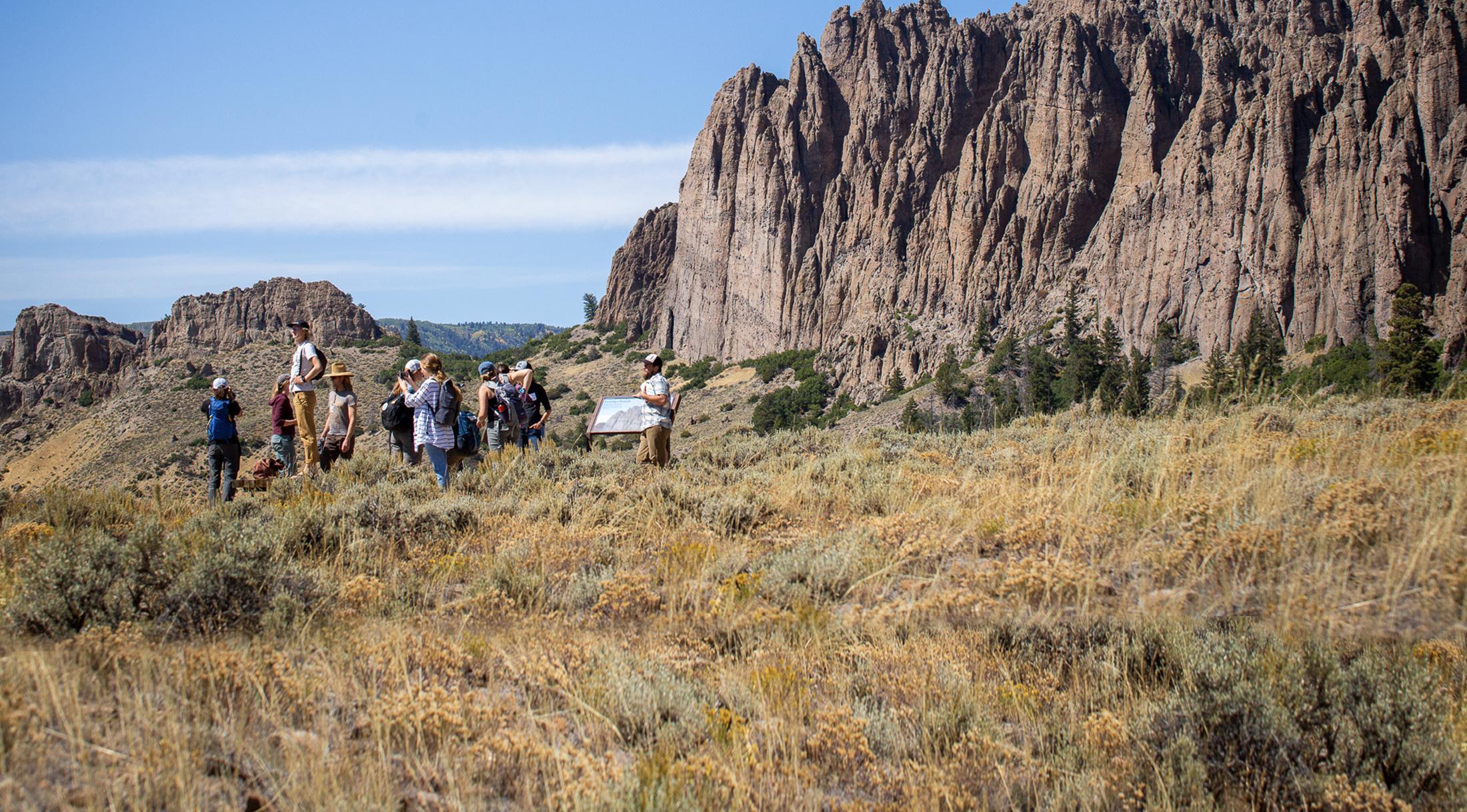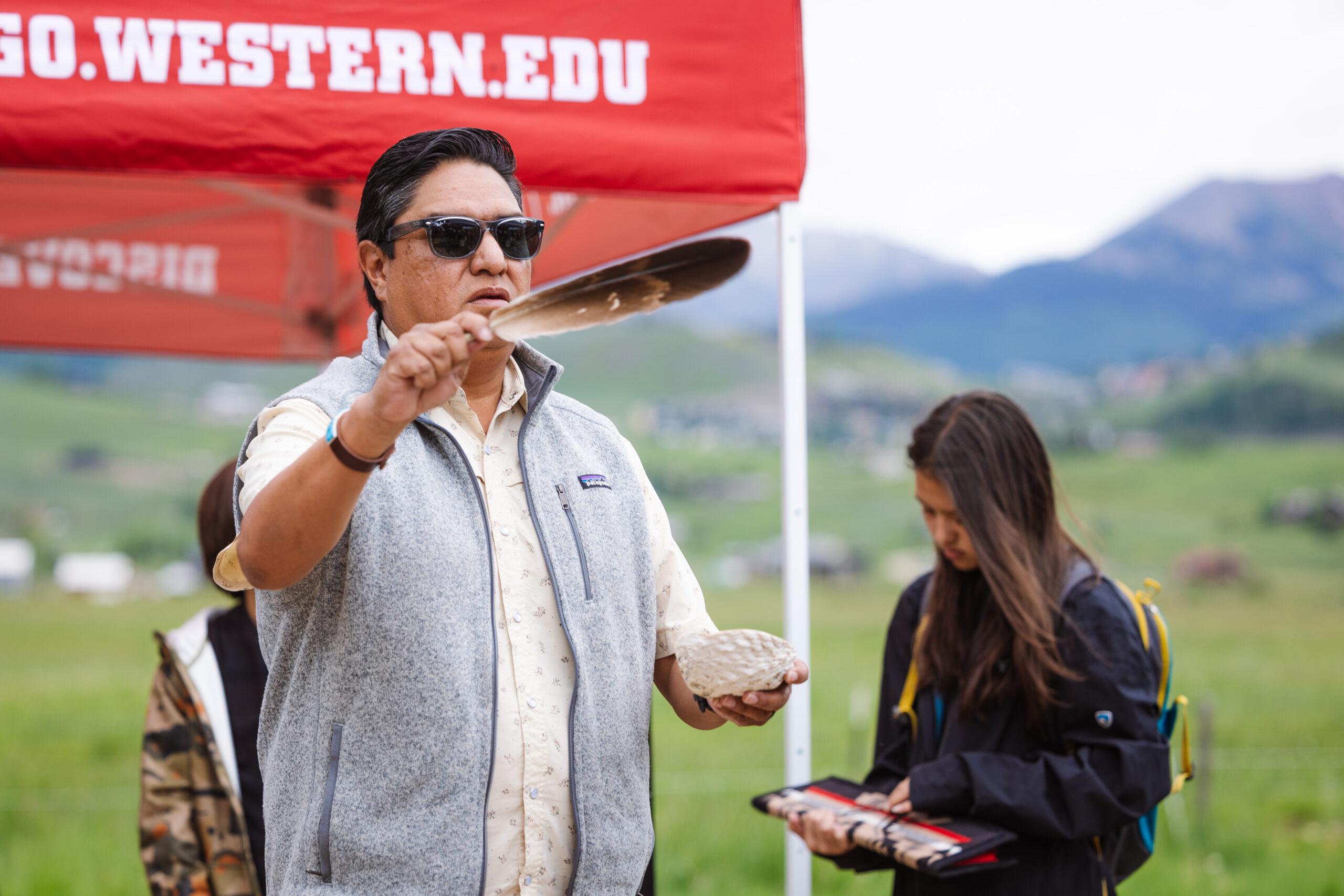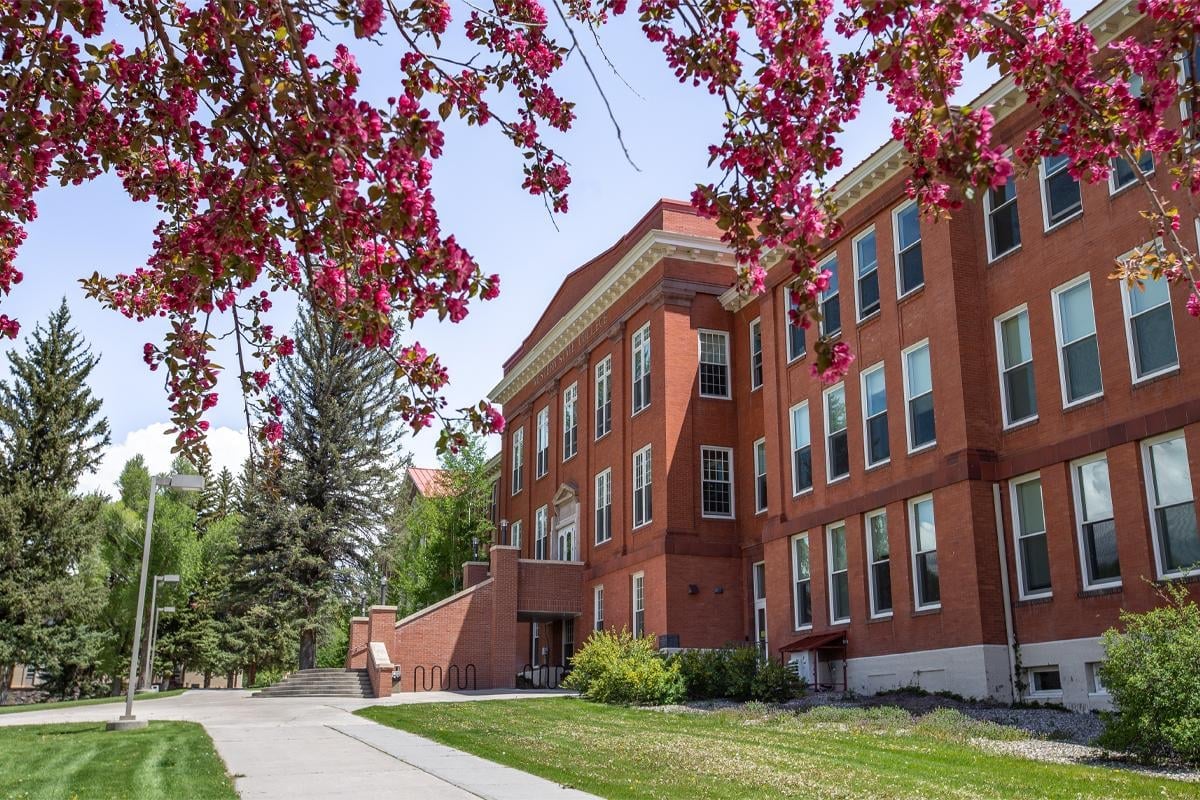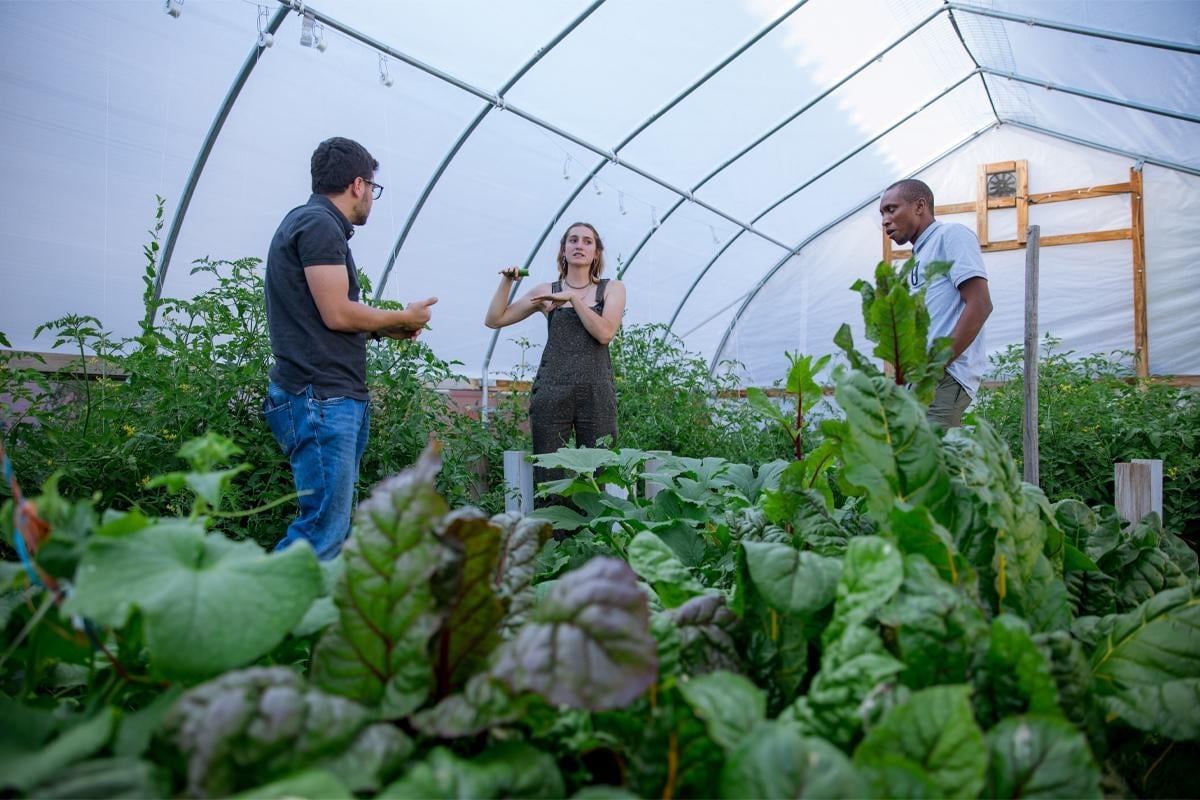MEM stands for Master of Environmental Management, a graduate-level program designed to equip students with the skills and knowledge needed to address complex environmental challenges. Unlike traditional research-focused environmental science degrees, Western’s MEM emphasizes applied, solution-driven approaches to sustainability, conservation, policy, and resource management.
Our curriculum is continuously updated to stay aligned with evolving market demands, ensuring relevance in environmental sustainability, conservation, and policy. We foster a dynamic and engaged community of students who can choose between residential and distance learning options, as our hybrid environmental management courses are accessible from anywhere in the world.
Students can specialize in one of three different concentrations: Global Sustainability, Integrated and Public Lands, and Sustainable and Resilient Communities. Through our comprehensive curriculum and the robust ENVS Network, you’ll build a diverse portfolio of skills that will give you a competitive edge in your career.
Additionally, over 80% of MEM students receive financial support through fellowships, internships, and grants, while more than 85% of MEM alumni are actively engaged in environmental management careers.









